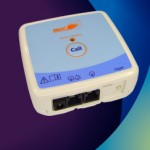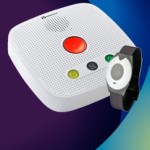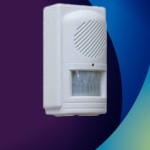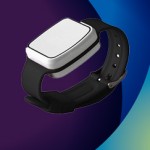An introduction to seizure alert devices, and how you can choose the right one

The term “seizure alert device” may seem self-explanatory for many observers. However, it is important for potential purchasers to understand what such a device is and what it isn’t, as well as the differences between the various popular options available.
Seizure alert devices are also sometimes referred to as “seizure monitors” or “seizure alarms”, and the purpose of these electronic devices is to detect seizures that are happening, rather than to prevent seizures from occurring.
This category of device is appreciated by many people who have a condition such as epilepsy, which is a common condition that affects the brain and brings about frequent seizures.
As its name suggests, a seizure alert device is designed to alert people in proximity that the user of the device is experiencing a seizure, so that they can respond with appropriate care. This can help to ensure the safety of the person who is undergoing a seizure – although of course, as there is still a need for human intervention in response to the alert, the device does not guarantee such safety on its own.
So, if you are in the market for a seizure alert device, you will need to ensure you are well-informed on the various features and benefits of those that might be available to you. Alongside this, you should educate yourself on the limitations of such devices, and any specific seizure alarm that you are considering, to help ensure you make the best possible buying decision.
One key thing about seizure alert devices to be aware of, is that they often work by detecting abnormal movement. So, if the seizures that you experience do not involve convulsions or trembling, a seizure alarm that works in this way might not be the right solution for you.
How can you begin narrowing down the various seizure monitors that are available?
If you are already comparing seizure monitors with a view to purchasing one, you will probably already be very vigilant about the factors of price and all-round value for money.
However, there are also many other parameters that are likely to influence your eventual choice of seizure alert device. These will include, but will not necessarily be limited to:
• What the monitor would be like to use on a day-to-day basis, including how it may impact on your normal ways of living
• Which specific seizure type, or types, the device detects
• Whether it will be suitable for the type of epilepsy that you have
• The percentage or number of seizures that the alarm is likely to detect
• The susceptibility of the device to giving false alarms
• Any other issues, other than false alarms, that you are likely to have as a user of the given alarm
Naturally, there is much more that can be said and considered on the subject of seizure monitors. Nonetheless, the above words will hopefully help you feel more informed when you come to peruse the range of such devices available through online stores like ours.
If you have any further questions about our extensive seizure alert device range here at Epilepsy Solutions, or about any other aspect of the products and services we offer, please don’t hesitate to contact our professional and responsive team.





